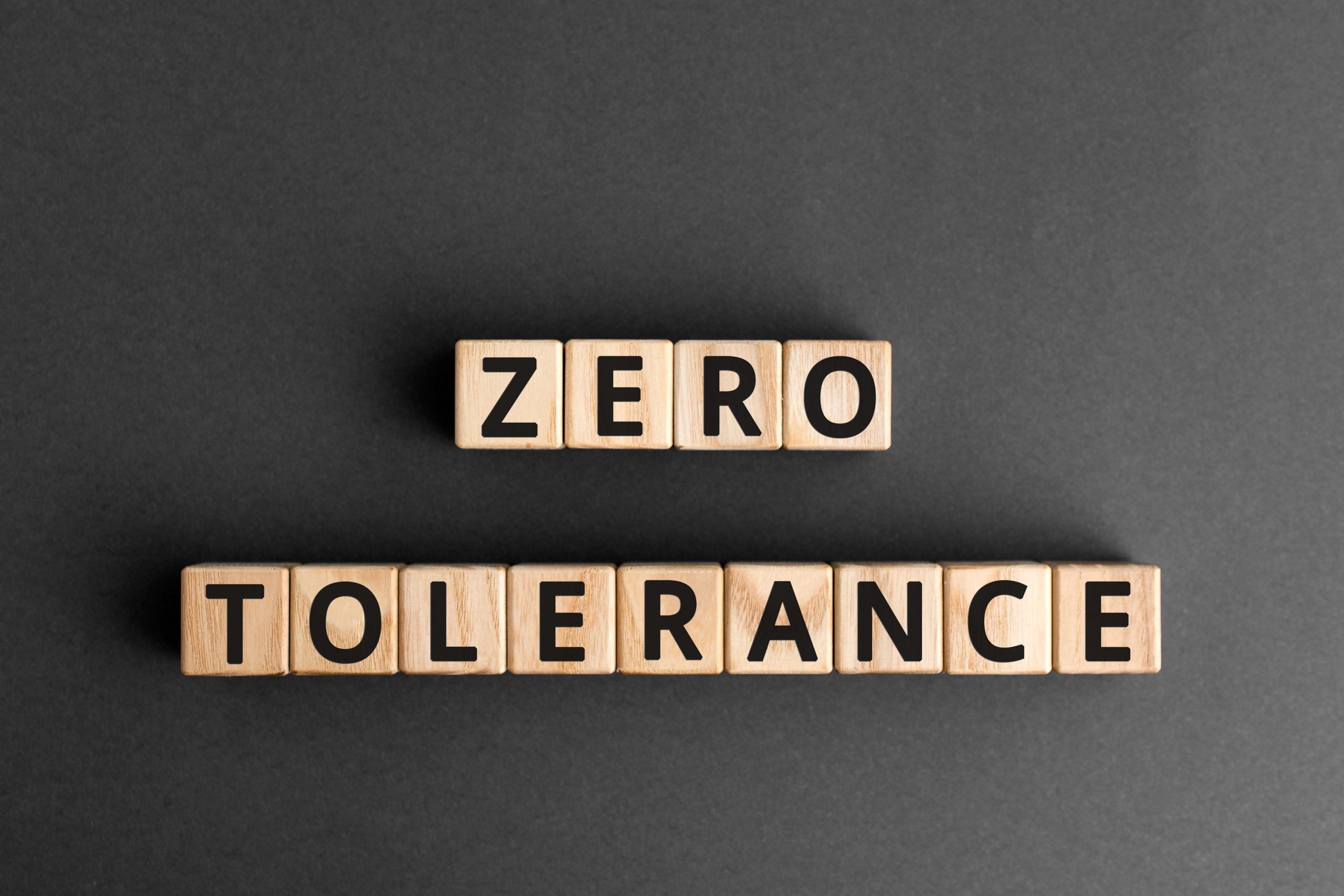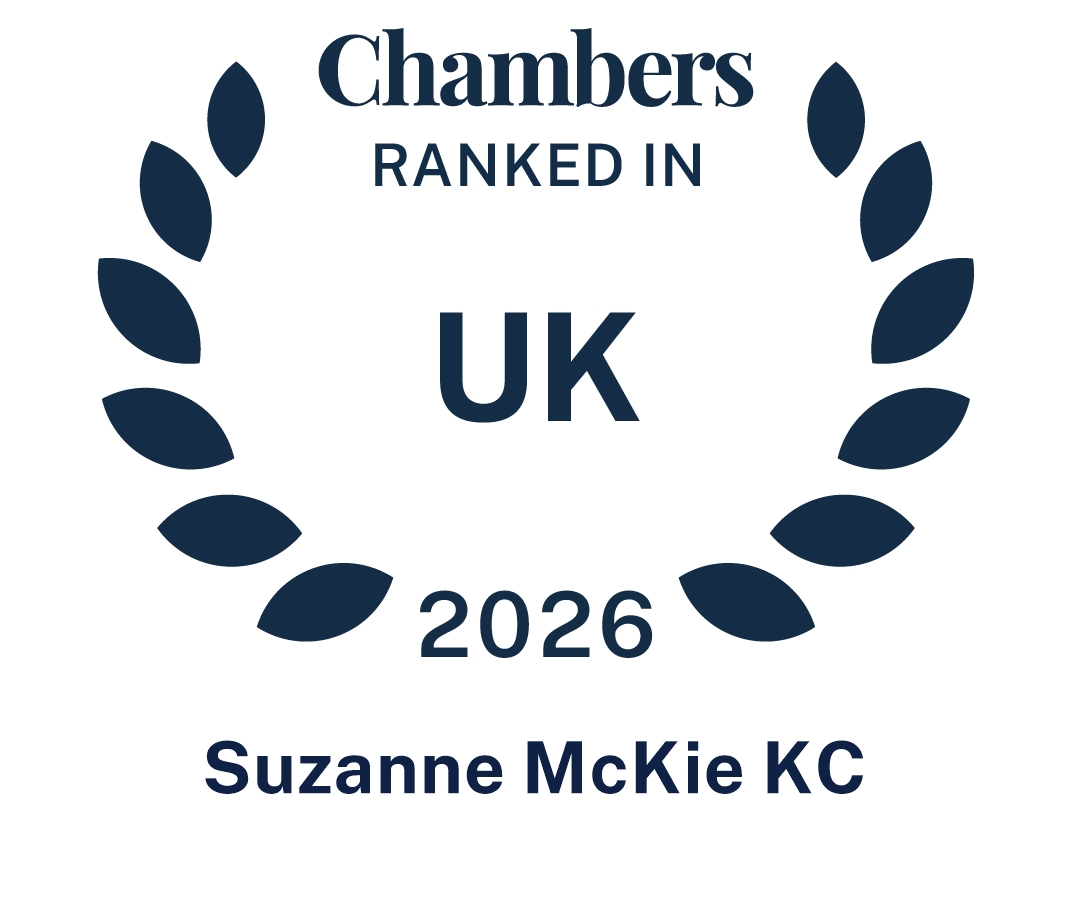
8 February 2023
|Professional Misconduct / Regulatory
Misconduct and Regulatory Matters
Sexual Misconduct / Harassment
Blogs
The SRA’s new guidance on sexual misconduct
Written by: Lucas Nacif
One of our specialisms at Farore Law is dealing with cases which concern misconduct within the workplace, including allegations of sexual misconduct. The SRA published new guidance in September 2022 which aims to assist SRA-regulated firms and their employees with how the SRA approaches allegations of sexual misconduct and the circumstances in which such allegations might become a regulatory matter.
Background
In light of the #MeToo movement, an important question which the SRA have faced is the extent to which sexual misconduct outside of a professional context is a regulatory issue. Beckwith v Solicitors Regulation Authority [2020] EWHC 3231 (Admin) illustrates the problems the SRA have faced in tackling sexual misconduct within the legal profession. A more detailed case note of Beckwith can be accessed here.
In Beckwith, Ryan Beckwith, a partner from Freshfields Bruckhaus Deringer had a sexual encounter with “Person A”, an associate solicitor in Mr Beckwith’s team, after having drinks in a pub near Freshfield’s London office. The drinks event occurred in anticipation of Person A’s departure from Freshfields to another law firm. In Beckwith, the partner became subject to SRA disciplinary proceedings on the basis that he was in a position of authority as Person A’s partner and that he had exploited her in circumstances where she was vulnerable and/or her decision-making was impaired due to her intoxication. The SRA argued that Mr Beckwith ought to have known that his conduct was an abuse of seniority and that his behaviour constituted a breach of SRA Principle 2 (that the solicitor must act with integrity) and Principle 6 (which requires the solicitor to act in a way that maintains the trust the public places in solicitors and in the provision of legal services) of the 2011 Principles.
The Solicitor’s Disciplinary Tribunal in Beckwith found that Mr Beckwith’s acts were a breach of Principles 2 and 6. It also found that “whilst the subject matter and the particular circumstances of these proceedings was novel, the application of Principles 2 and 6 to a solicitor’s private life was not. Accordingly, the Tribunal found that it was proper to assess whether or not the Respondent’s conduct was in breach of the Principles as alleged.” The SDT went on to state that “[m]embers of the public would not expect a solicitor to conduct himself in the way that the Respondent had…Accordingly, the Tribunal found beyond a reasonable doubt that the Respondent’s conduct was in breach of Principle 6 as alleged.” On the facts, the SDT decided that the appropriate sanction was a fine of £35,000 and that Mr Beckwith should pay the SRA’s costs of the proceedings in the amount of £200,000.
Mr Beckwith appealed the SDT’s judgment under section 49 of the Solicitors Act 1974.
The Divisional Court held that the SDT erred in finding that Mr Beckwith had breached Principle 2, given that Mr Beckwith had not taken an unfair advantage of the complainant. The court noted that “Rules made in exercise of the power at section 31 of the 1974 Act…cannot extend beyond what is necessary to regulate professional conduct and fitness to practise and maintain discipline within the profession”.
The court also concluded that there was no breach of Principle 6, noting that there is a distinction between conduct that “does or may tend to undermine public trust in the solicitor’s profession” and conduct “that would generally be regarded as wrong, inappropriate or…disgraceful”. On the facts, Mr Beckwith’s sexual misconduct affected his own reputation but not his own reputation as a provider of legal services.
The Beckwith decision is also significant as the court stated that neither Principle 2 or 6 has an unfettered application across all aspects of a solicitor’s private life, due to Article 8 ECHR concerns. Principles 2 and 6 may, however, reach into a solicitor’s private life when their conduct realistically touches on their practice or standing within the profession.
Suzanne McKie KC noted in Legal Business (see article here) that the Beckwith decision was fundamentally flawed and that the SDT decision “was a bit of a mess. It wasn’t reached on the basis the sex was non-consensual because of the level of intoxication. The SDT found as a fact that Beckwith didn’t abuse his position, perhaps because she was leaving and he no longer had any authority over her…So the activity is essentially private and consensual, happening in a private place away from the office. You can’t say it brings the profession into disrepute and you can’t hold lawyers up to a much higher standard in their personal life than anyone else.”
As stated in the Legal Business article, the Beckwith decision “has been a huge setback in the strides the SRA has taken, since the dawn of the #MeToo movement, in being seen to be tackling the insidious problem of sexual misconduct in a hierarchical legal industry”.
The guidance
The guidance outlines, among other things, how the SRA approaches allegations of sexual misconduct and the boundaries they place between an individual’s private and professional life and where they may overlap.
The guidance states that “a person must not abuse their professional position to initiate or pursue an improper sexual or emotional relationship or encounter with a client, a colleague or anyone else. At all times individuals must make sure that their conduct preserves and justifies clients’ and colleagues’ trust in them, as well as the public’s trust in the profession”.
The guidance also notes that, with reference to the Beckwith decision, the SRA may at times regulate professionals in the public interest by reference to private conduct. The SRA states that the “closer any behaviour or alleged wrongdoing touches realistically upon the individual’s practice or reflects how a solicitor might behave in a professional context, the more likely it is that the conduct may impact on the individual’s integrity or trust in the profession”.
The guidance goes on to state that there might be instances of sexual misconduct which, although it takes place entirely outside of practice and is not directly related to the practice of an individual, might nonetheless be so serious that it might raise a regulatory issue. For example, serious allegations of sexual misconduct which are totally removed from legal practice might nonetheless damage public confidence in the profession and amount to a regulatory issue. Examples provided in the guidance include the criminal conviction of sexual offences. The SRA notes that a conviction for rape or sexual assault in a non-practice context is so serious that it becomes relevant to professional standing and would diminish public confidence in the profession, as well as having a bearing on the individual’s integrity. This analysis was upheld by the High Court in SRA v Main [2018] EWHC 3666 (Admin).
However, criminality is not a pre-requisite for the SRA to make findings of sexual misconduct. The SRA notes in its guidance that even if the individual was never prosecuted or was acquitted, it might still be appropriate for the SRA to investigate, given that professional misconduct is a wider concept than the criminal law.
What to take away
The updated guidance indicates that the SRA is committed to promoting a zero-tolerance approach to sexual harassment/misconduct within the legal profession, although we anticipate that the SRA will continue to find the balancing exercise between regulating professional conduct and respecting an individual’s private life a challenging task.
This is a challenge which the SRA themselves recognise in the guidance. Suppose, for example, that a complainant reports to the SRA that she was subjected to inappropriate comments or gestures of a sexual nature at a family party by a family friend who happens to be a solicitor. Although the friend might be a solicitor, the SRA states that “there would be no real link to professional practice and the complaint is unlikely to be investigated”. However, it recognises that some forms of sexual misconduct which appear limited to a person’s private life might still raise professional misconduct issues.
In light of these difficulties, we should expect there to be further challenges against the extent that the SDT’s sanctions infringe an individual’s Article 8 ECHR rights in cases of sexual misconduct which appear limited to a person’s private life.
The guidance can be accessed here.









